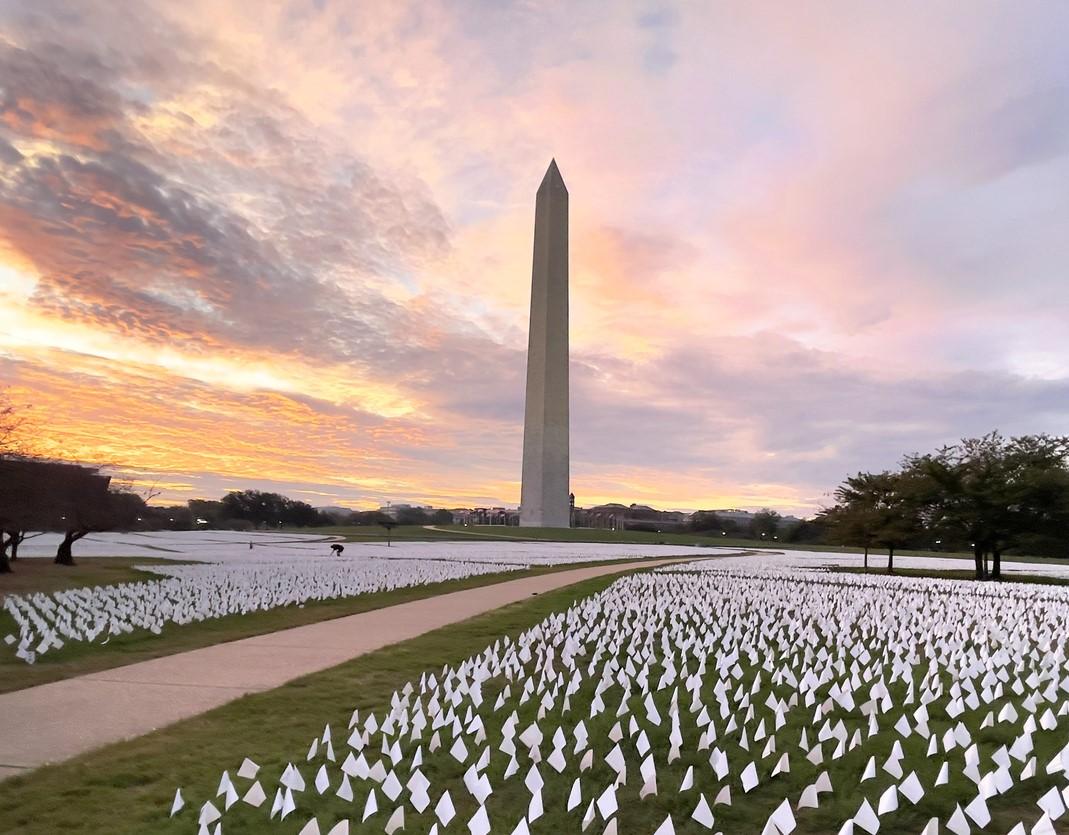Though it's customary for nations and global health groups to review their performance in pandemics and other catastrophes, there have been no government-led efforts in the United States to sift out what went wrong and what went right, a lesson-learning step that's crucial for improving future response.
To help crystalize the events of the past 3 years, a team of 34 experts from public health, global health, science, academia, and industry—called the Covid Crisis Group—spent 2 years examining the nation's response. Today they published a book on their investigation, Lessons from the COVID War.
The group came together in 2021 to lay the groundwork for a future COVID commission, which never materialized but had the support of four foundations: Schmidt Futures, the Skoll Foundation, Stand Together, and The Rockefeller Foundation. The group's leader is Philip Zelikow, PhD, who was executive director of the 9/11 Commission and is a history professor at the University of Virginia.
The group includes former government health officials who worked under presidents of both political parties, including two former Food and Drug Administration (FDA) commissioners. It also includes John Barry, a historian who wrote a book on the 1918 flu pandemic, and Michael Osterholm, PhD, MPH, the director of CIDRAP, which publishes CIDRAP News.
A deep dive into virus spread, policy failures
The group mapped out how the pandemic and its response unfolded and held listening sessions with nearly 300 people. The 347-page book is a deep dive into the operational, organizational, and financial reasons why virus containment failed and the government's management fell flat and comes just weeks before the nation is slated to end its formal public health declaration on May 11.
The experts examined the actions of officials in the Trump and Biden administrations, and they found a lack of preparedness, communication breakdowns, and the federal government's refusal early in the pandemic to release billions of dollars that had already been set aside for responding to a national emergency.
In an editorial yesterday in Time magazine, Zelikow said that the group has mixed feelings about what they found. Anger because Americans were let down by ineffective institutions, a slow and uneven early response, and inadequate leadership. And impressed with the ingenuity and dedication of people across the nation.
"That is why so many of us are so frustrated. Americans improvised to fight this war, usually doing the best they could," he wrote. "They had to struggle with systems that made success hard and failure easy."
As the nation fought the COVID-19 war without an army or battle plan, the science community stepped up to the plate, and thousands of people and groups made life-saving efforts, Zelikow wrote. He also emphasized the irony that Americans spent more on the crisis than anyone, but still had more deaths than any other affluent countries, despite easy access to high-quality vaccines.
'No better prepared' for next crisis
The battle against COVID revealed a national incompetence in governance that needs to be acknowledged and addressed to avoid a repeat of the current response, Zelikow said.
Counterintuitively, clashes of values and political differences didn't cause the policy failures, but were the result of them, the group found. The investigation revealed that "red" and "blue" states had similar approaches on what to close and what to reopen and that communities could have reopened sooner if they had practical tools and guidance.
There will be other pandemics and other crises, possibly sooner than we can imagine.
The authors cover scientific missteps, such as downplaying the role of aerosol spread, and warn about gaps in biomedical surveillance.
Among their recommendations going forward are to develop a global early-warning system to give nations notice of emerging threats and to establish an undersecretary for national health security at the Department of Health and Human Services to direct the overall federal strategy.
In his editorial, Zelikow said leaders of neither US political party seem willing to address failures and fix the system. "There will be other pandemics and other crises, possibly sooner than we can imagine," he wrote. "At present, the U.S. is no better prepared for those crises than it was in early 2020. The public emergency may be over. Its causes remain."





















